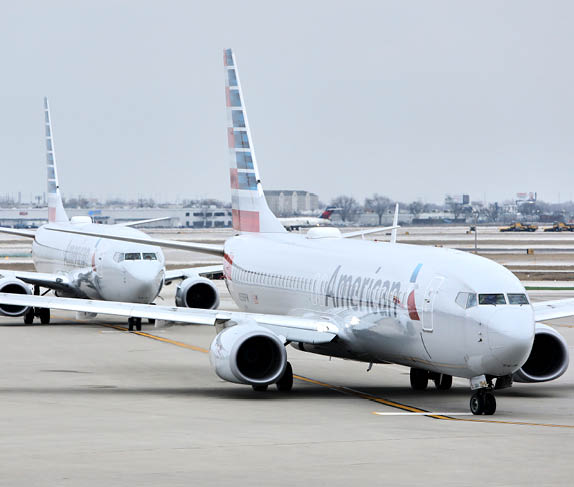GE Aerospace plans to invest "up to $20 million" when it adds new test cell and equipment at its Electrical Power Integrated Systems Center (EPISCenter) in Dayton.
The centre was set up to "meet increased demand for hybrid electric aircraft engine component testing in coming years", GE's aviation industry division announced on May 17, after being "recently selected" by NASA "to develop an integrated, megawatt (MW)-class hybrid electric propulsion system as part of the Electrified Powertrain Flight Demonstration (EPFD) program".
Those plans mean the need for ground and flight tests of the hybrid electric system "this decade", according to GE, which said the tests would be done "in collaboration with Boeing" and would use a modified Saab 340B aircraft and GE’s CT7 engines.
“The future of flight is more electric. GE Aerospace has been developing the building blocks for hybrid electric engine technologies for years, combining our world-class propulsion engineering, electrical power generation, and electrical power system management experience,” said Mohamed Ali, vice president of engineering for GE Aerospace.
"NASA has a long history of supporting and advancing aviation research, and we’re currently working together with industry to usher in the next commercial air travel revolution,” said Tim McCartney, director of aeronautics research at NASA’s Glenn Research Center.
“Single-aisle aircraft are the biggest contributors to aviation emissions. That’s why NASA Aeronautics is partnering with U.S. industry to enable next generation single-aisle aircraft with at least 25 percent more fuel efficiency by the 2030s," McCartney added.

